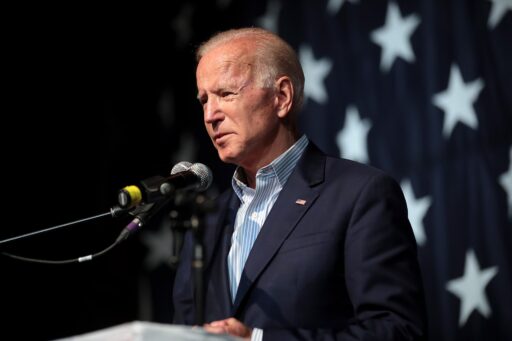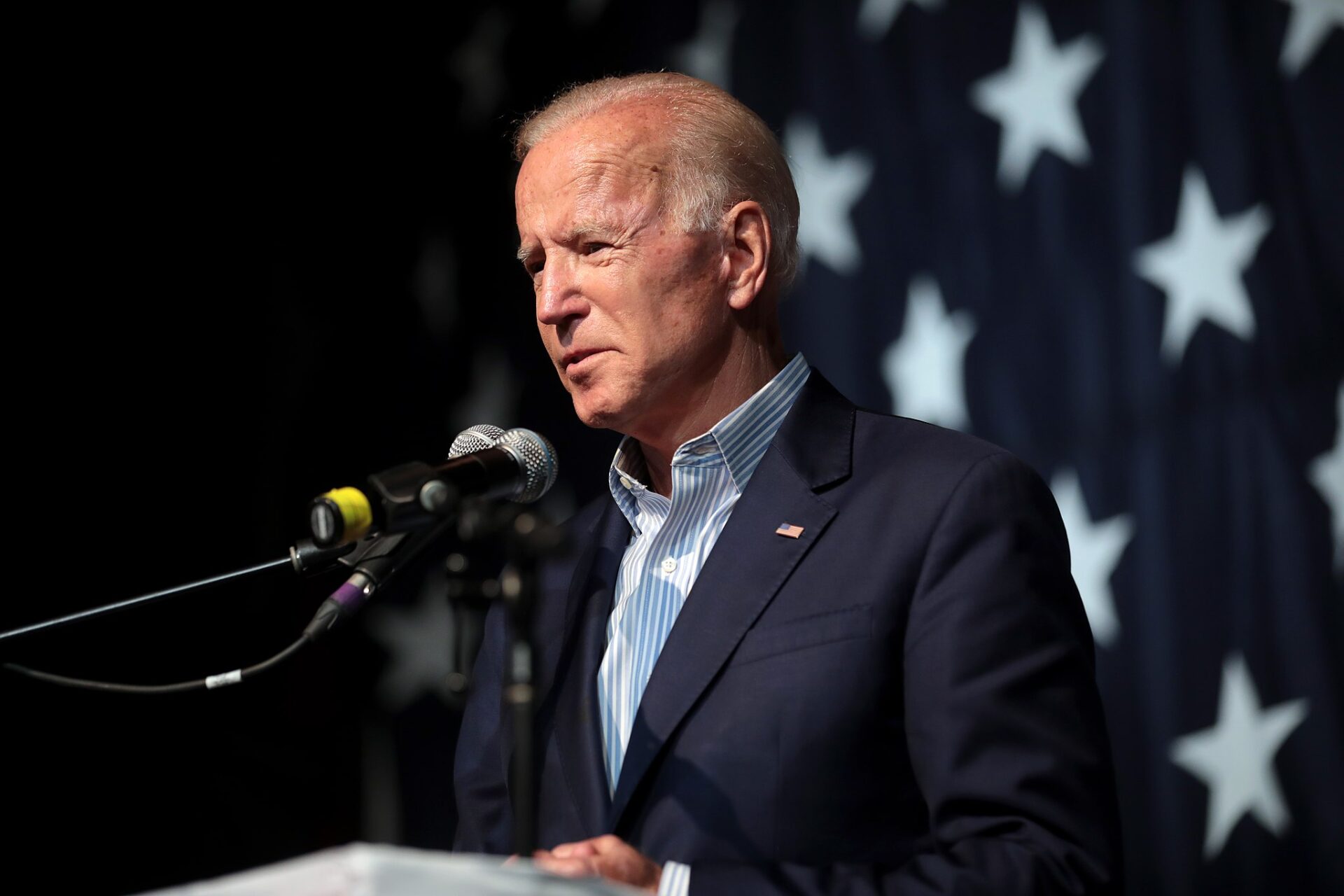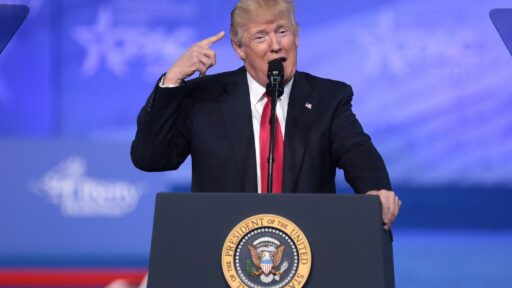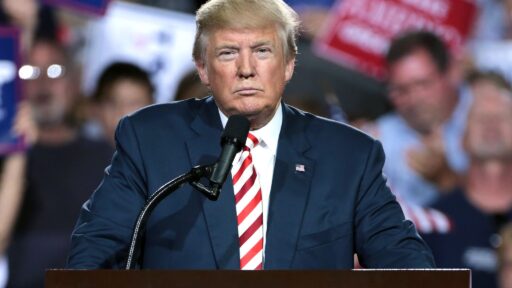Is Biden trying to destroy the U.S. economy at this point?
In a bold move as he approaches the end of his term, President Biden is advancing his election-year strategy to forgive federal student loans. On Wednesday, the Department of Education announced plans to potentially erase up to $147 billion in student debt for 23 million borrowers over the next decade.
The proposed rule from Education Secretary Miguel Cardona could lead to substantial debt forgiveness for many, particularly targeting Pell Grant recipients. If the rule is finalized, it could cancel as much as $132 billion in student loans. The Department plans to start notifying borrowers via email, advising them of the potential relief and giving them until August 30 to opt out if they choose not to participate.
However, the department clarified that the rule is still in development and eligibility is not guaranteed. To date, approximately 4.8 million borrowers have seen a total of $168 billion in debt canceled. This includes $69.2 billion for nearly 1 million through Public Service Loan Forgiveness (PSLF), $51 billion for over 1 million through income-driven repayment plans, $28.7 billion for over 1.6 million affected by institutional closures or lawsuits, $14.1 billion for over 548,000 borrowers with disabilities, and $5.5 billion for 414,000 through the Saving on A Valuable Education (SAVE) Plan.
Secretary Cardona hailed the potential forgiveness as a significant step forward in addressing the student loan crisis, asserting that it would relieve borrowers burdened by overwhelming debt and failed college programs. He emphasized that the Biden-Harris administration remains committed to providing relief as quickly as possible.
However, this move has been sharply criticized by leading congressional Republicans. House Education and Workforce Committee Chairwoman Virginia Foxx (R-NC) condemned the plan as “illegal” and politically motivated. She accused the administration of using borrowers as “political pawns” in a bid to win elections, rather than genuinely addressing their needs.
Senate Health, Education, Labor and Pensions Committee Ranking Member Bill Cassidy (R-La.) criticized the proposed debt relief as a misguided attempt to shift the financial burden onto taxpayers who either did not attend college or have already repaid their loans. He argued that the plan represents a politically driven effort to secure votes at taxpayers’ expense.
This announcement comes amid ongoing legal challenges. Earlier this month, a federal appeals court halted the Department’s SAVE plan, which was projected to cost taxpayers up to $475 billion over the next decade. Additionally, the U.S. Supreme Court previously struck down Biden’s $430 billion debt forgiveness initiative, which sought to use a 2003 law aimed at veterans to extend relief to students impacted by the COVID-19 pandemic. The Court ruled that the plan was an unconstitutional overreach, canceling up to $20,000 in debt for millions of Americans.







